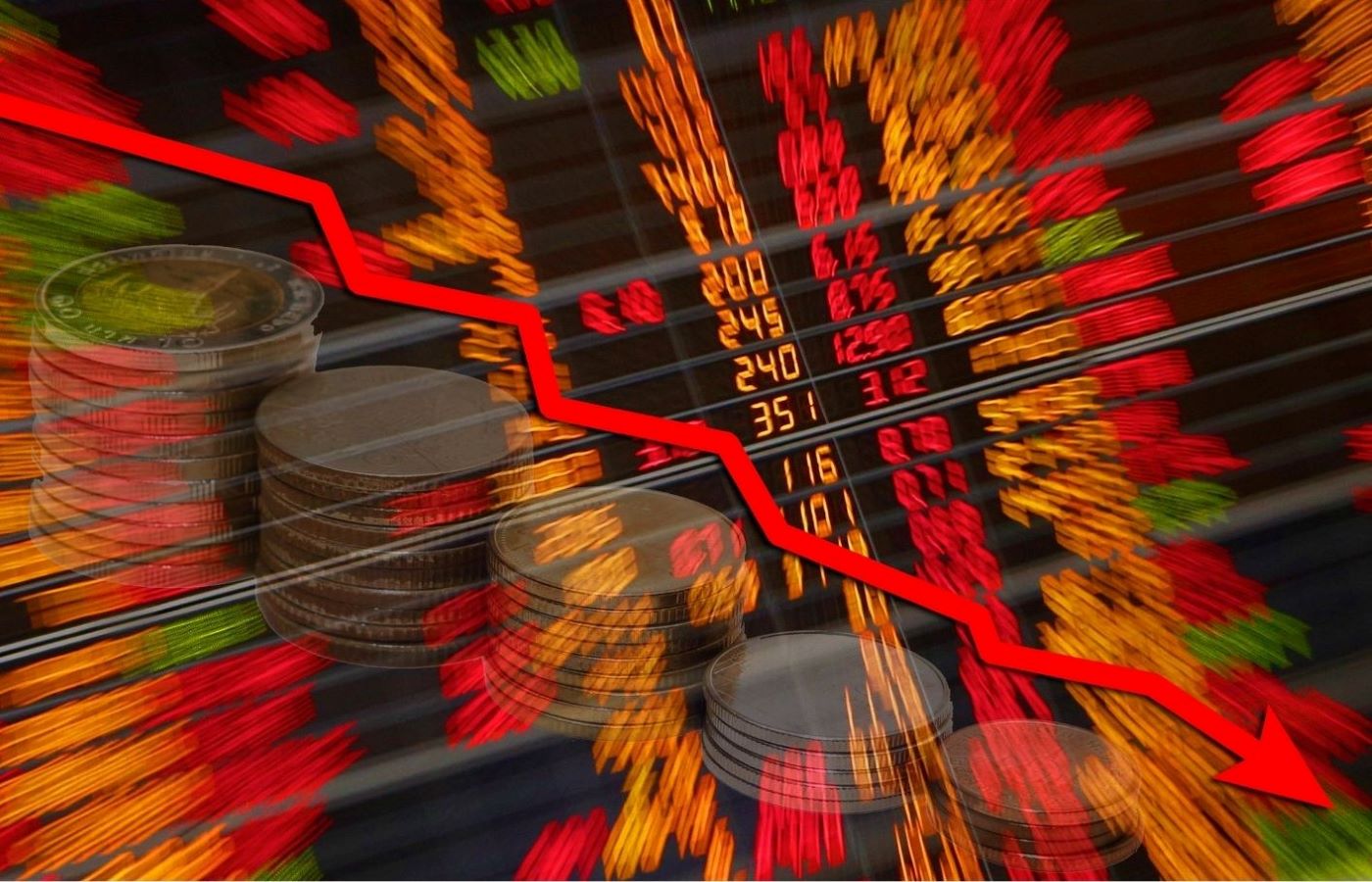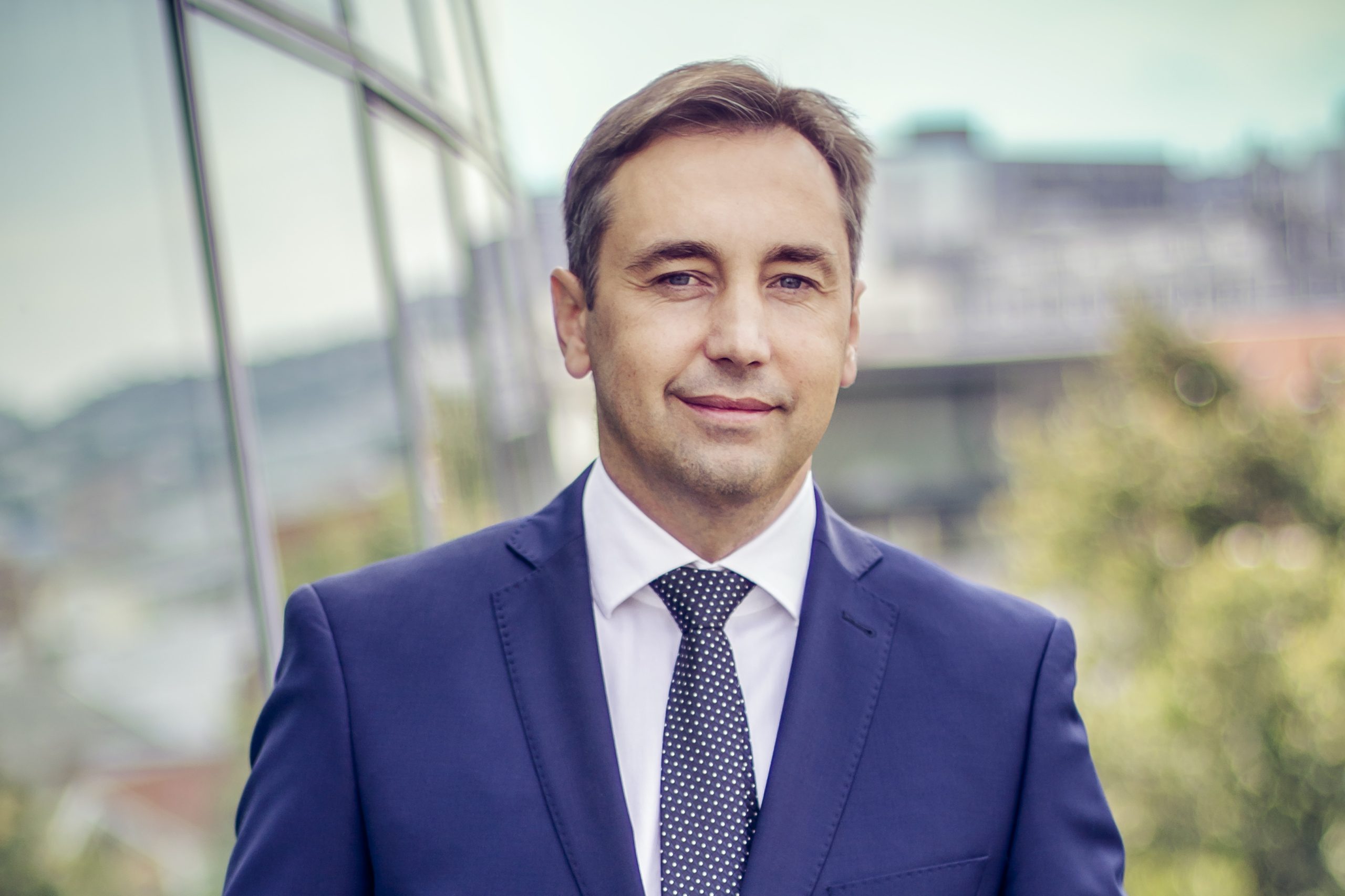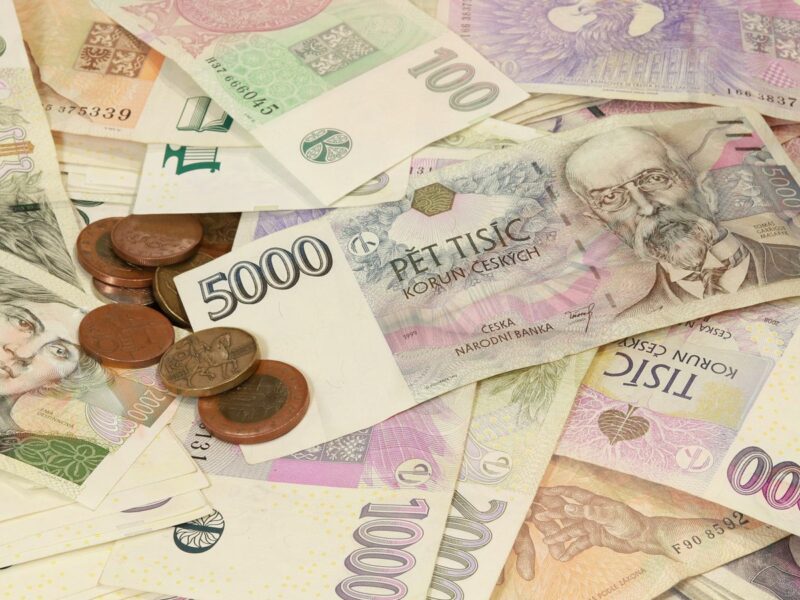Chinese stocks are unwanted

DIDI is a Chinese giant and a dominant player in the Chinese shared transport market (such as Uber or Bolt in Slovakia). Its position was so large that a few years ago it also pushed the aforementioned Uber out of the domestic market. The company entered the U.S. Stock Exchange in June 2021. At the IPO, DIDI subscribed for shares worth $ 4.4 billion and listed on the stock exchange valued it above $ 70 billion. At this point, it seemed like a successful project. However, DIDI made one big mistake – it completed an IPO on the NYSE, despite a recommendation from the Chinese authorities to temporarily postpone the move until the sensitivity issues of its users’ data are resolved. After a successful IPO, the intervention of regulators did not take long and the company was banned from accepting new users. Less than half a year after the IPO, DIDI shares have lost more than 57% of their value and this number may not be final, as DIDI is very likely to request delisting on the NYSE and move its shares to Hong Kong (if it meets the stricter stock market rules).
DIDI is not an isolated case in which the involvement of Chinese regulators has caused large losses to equity investors. The first victims were companies in private education such as EDU and TAL, which lost almost 90% of their value. Online brokers such as FUTU or TIGR followed. None of the world’s largest companies – Alibaba – missed the attention of Chinese regulators. BABA has lost more than 50% of its market capitalization this year, wiping out hundreds of billions of dollars in its shareholders’ assets.
The several-month sale of Chinese shares is not due to the results of these companies, but to uncertainty about regulation and ambiguity in the future direction. Until clear and final rules are set, there is no reason for quality companies such as BABA, TIGR, FUTU and others to open up their value. Until then, their actions may continue to fall and DIDI delisting will only help.
Mgr. Michal Ďurica, CFA
Portfolio manager, IAD Investments


